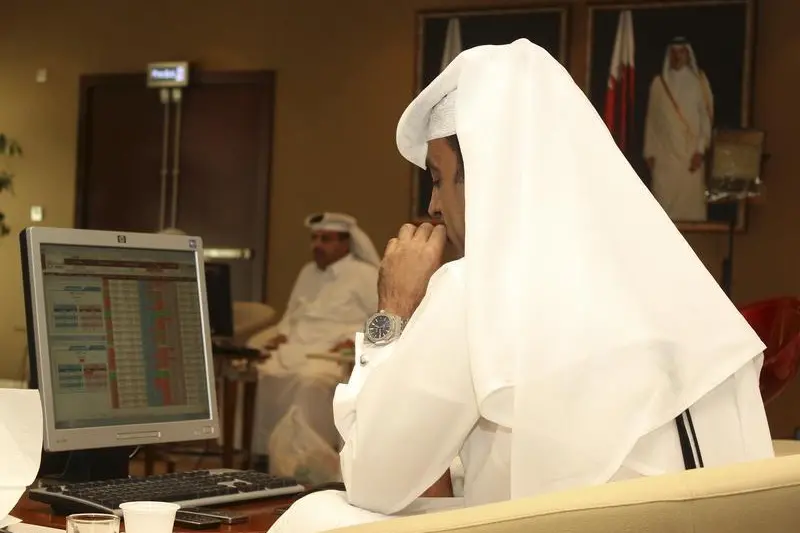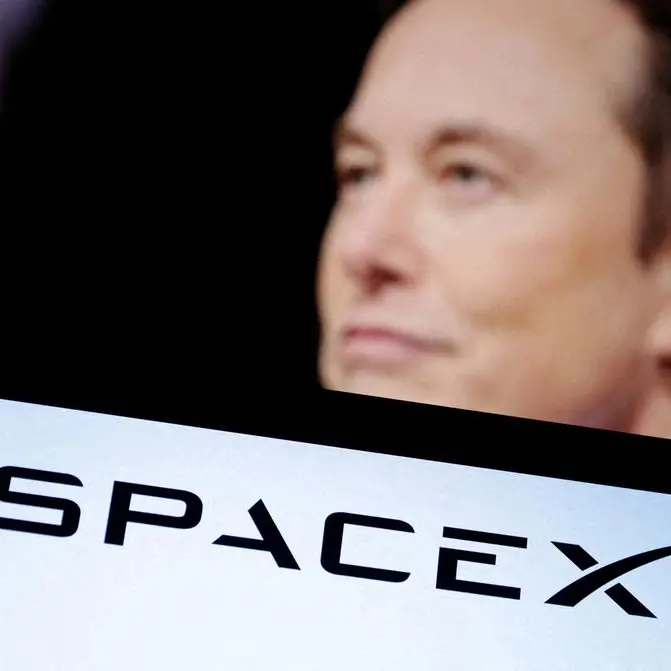PHOTO
By Davide Barbuscia and Tom Arnold
DUBAI, Jan 11 (Reuters) - Qatar's Masraf Al Rayan
MARK.QA
, an Islamic lender, has mandated banks for a sukuk of around $500 million, banking sources said on Wednesday.
This would be one of a likely series of debt issues in the first quarter by Gulf banks seeking U.S. dollar funding to improve their liquidity, which has been hurt by low oil prices.
Abu Dhabi Islamic Bank, Dubai Islamic Bank, Emirates NBD, and Noor Bank are among lenders mandated to arrange the planned sukuk sale, one of the sources said. Masraf Al Rayan did not respond to an emailed request for comment.
However, the deal could be delayed by legal and regulatory aspects of merger talks between Masraf Al Rayan and two other Qatari institutions, Barwa Bank
IPO-BABK.QA
and International Bank of Qatar, another source told Reuters.
The merger talks, revealed in mid-December, would create Qatar's second-largest bank with total assets worth more than 160 billion riyals ($44 billion).
The proposed merger depends on securing approvals from the banks' shareholders, regulators and authorities, including the central bank.
(Editing by Andrew Torchia and Alexander Smith) ((Davide.Barbuscia@thomsonreuters.com;))
DUBAI, Jan 11 (Reuters) - Qatar's Masraf Al Rayan
This would be one of a likely series of debt issues in the first quarter by Gulf banks seeking U.S. dollar funding to improve their liquidity, which has been hurt by low oil prices.
Abu Dhabi Islamic Bank, Dubai Islamic Bank, Emirates NBD, and Noor Bank are among lenders mandated to arrange the planned sukuk sale, one of the sources said. Masraf Al Rayan did not respond to an emailed request for comment.
However, the deal could be delayed by legal and regulatory aspects of merger talks between Masraf Al Rayan and two other Qatari institutions, Barwa Bank
The merger talks, revealed in mid-December, would create Qatar's second-largest bank with total assets worth more than 160 billion riyals ($44 billion).
The proposed merger depends on securing approvals from the banks' shareholders, regulators and authorities, including the central bank.
(Editing by Andrew Torchia and Alexander Smith) ((Davide.Barbuscia@thomsonreuters.com;))





















